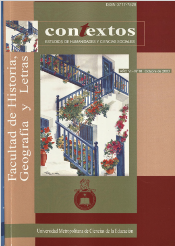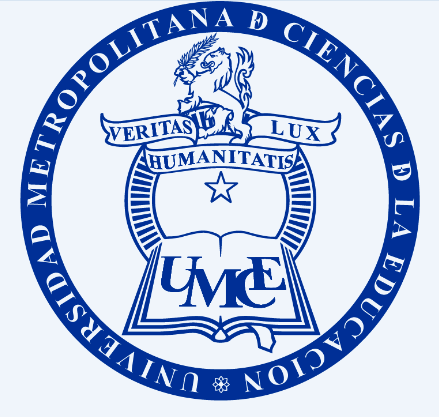Main Article Content
May 4, 2017
Abstract
La evaluación constituye un elemento sustantivo de toda instancia de enseñanza-aprendizaje, si se la considera como una herramienta dinámica, continua y sistemática cuya finalidad es el mejoramiento del proceso educativo desde la perspectiva de un conocimiento.
En el caso de la educación a distancia, se presenta como una estrategia evaluativa basada en la aplicación de nuevas tecnologías de información y de comunicación, sin la limitación del lugar en que se encuentren los estudiantes. Por lo tanto, es una forma de evaluar que no requiere ser guiada o controlada directamente por la presencia de un profesor en el aula, sino que más bien, es una práctica fundamental de apoyo al estudio personal, que ofrece una gama de ejercicios a distancia que puede abarcar: desde pruebas objetivas, de ensayo, de síntesis; a ejercicios prácticos, comentario de textos, elaboración de esquemas personales y otras de naturaleza similar.
Downloads
Policies for open access journals
Authors who publish here accept the following terms: Authors will keep their copyright and will guarantee the journal the right to the first publication of their work, which will be subject to the Licence of Creative Commons acknowledgement, which allows for the use of this material only if the authorship is credited and the original source is acknowledged (the journal’s URL), and if it is not used with commercial ends and with any derivations of the original work.
Authors may adopt other non-exclusive license agreements of distribution of the published version (e.g. to save it onto a digital institutional archive or publish it in a monographic volume) only if the initial publication of this journal is indicated.
It is permitted and recommended for authors to divulge their work on the Internet (e.g. institutional digital archives or webpage) before and during the submission process, which may lead to interesting exchanges and increase the citations of the publication. (See Open Access Effect).






